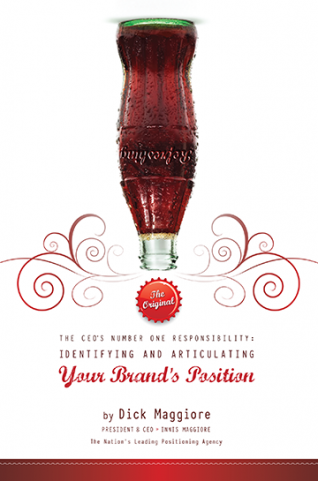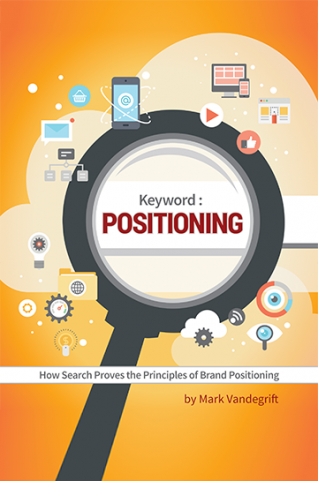A few short years ago, not many would have connected public relations folks with the digital revolution. But a funny thing happened along the way.
PR and digital marketing got hitched.
In the late 1990s, the so-called digital revolution gained a toehold as web development boomed. Few people other than those who were building websites understood what was happening. They knew a lot about coding but not so much about the content.
In the beginning, websites were basically online brochures. We even had a special name for early websites: brochureware.
As the web began to grow, so did the demand for content.
Something was missing, however, as the function of websites as online brochures fell short of providing enough gratification for those who visited. Visitors — customers and prospects — wanted more. They wanted information. They wanted knowledge. They wanted perspective.
In our agency’s PR wing hangs a sheet of blue paper with a line that sums up the role of the work. It fits as well today as it would have 50 years ago. The line is: “The more we treat PR like news the more we will appeal to people’s desire to know over their desire to be sold.”
PR, Digital Marketing and Storytelling
Fast forward to 2017 and it has become the still-emerging and still-evolving movement that many label “content marketing.” PR and digital marketing now are married. To understand, consider that public relations traditionally has been involved with telling companies’ stories through the news and entertainment media.
PR professionals’ storytelling talents track extremely well with many of the digital marketing activities. As agencies have learned, we are in a new day for an old profession.
As the internet continued to evolve, more online marketing tactics were developed. That naturally increased the need for content of many different kinds. More information. More knowledge. More perspective. Even interaction.
Most PR people are writers. So it was natural for the work to migrate to the PR departments to manage much of the online activity — from the upfront strategy through execution.
Lots of stories are being told by lots of talented writers. But even the greatest of stories go unheard if nobody notices them. The same goes for the best, most relevant, most engaging digital content.
Google to the Rescue
The single most powerful way to get your website or page to come up high in a Google search organically is with the right search words or phrases. Those search words or phrases are written as part of the content presented on web pages.
Google’s promise to people who use its search engine is to serve up just the right content.
Online is just another way to distribute a message — a new media. If you can write for newspaper, magazine, radio and TV, then why not online?
The line between the advertising copywriter, who has a degree in advertising or creative writing, and the public relations copywriter, with a degree in journalism, has been getting fuzzier by the day.
Add a new category of writers: the digital copywriter. She brings a new set of talents to our industry.
Digital copywriters are a combo deal: Combining the skills that get noticed by search engines with the talents of the PR writer capable of casting stories in the third-party light that is still the hallmark of conventional PR. Success in conventional PR happened when a newspaper reporter, a trade publication editor or a TV or radio personality reported the brand’s message.
Messages from third-parties — often PR-fueled messages — are judged in general as more believable than advertising messages.
Today, writers of articles, news releases, blogs, emails and other PR-related materials must include keywords to help the online pages where that content is published appear high in Google searches. The goal is to be on the first page of the search engine results.
Communicating online involves PR writing, ad writing and digital writing, along with paid and non-paid placements. Of course, all of this must be interesting and relevant, and written with this hard fact in mind: We have so little time to get the attention of our prospects and customers. We have to be quick in our PR and digital marketing efforts.
The payoff, however, is well worth the effort.
No less an authority than entrepreneur Richard Branson cited the value of storytelling in marketing communication strategies.
“A good PR story is infinitely more effective than a front-page ad,” Branson said.
We agree and see it continuing to be a driving force as digital marketing grows.



